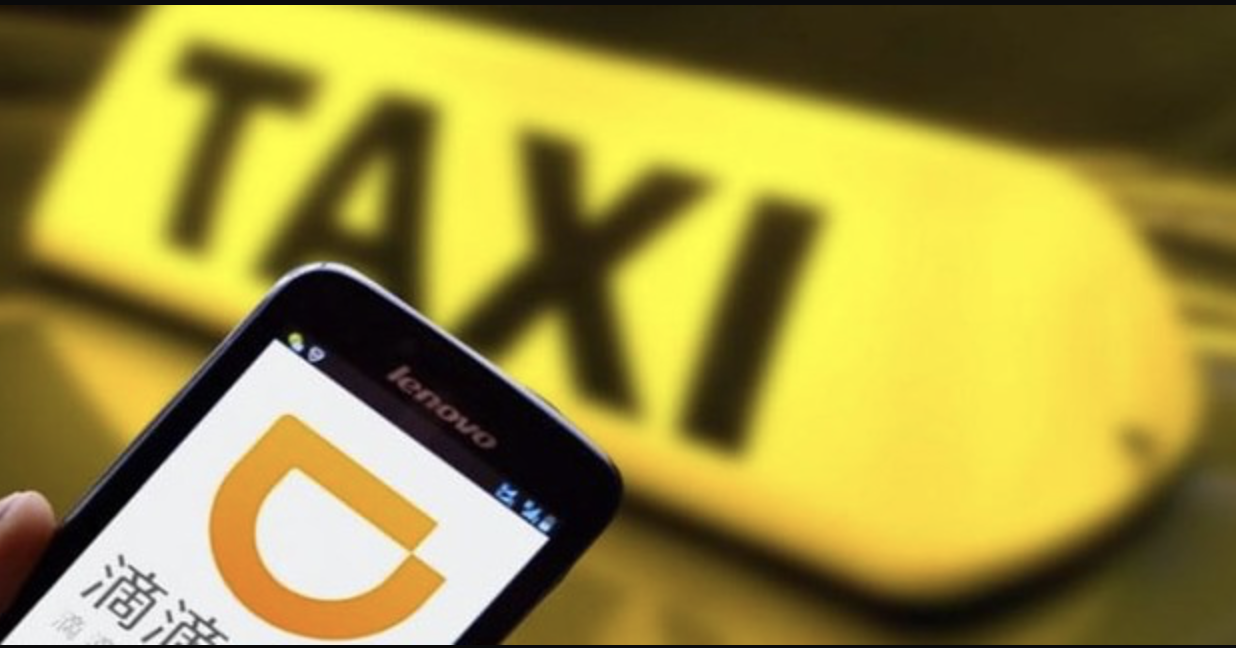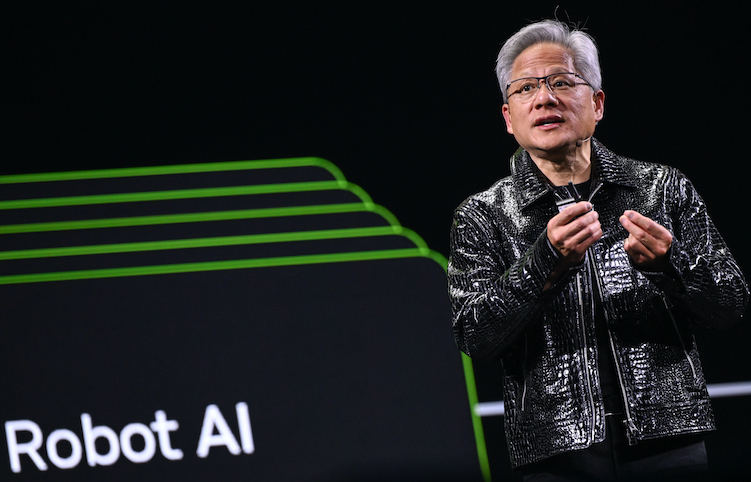(ATF) Chinese ride-hailing giant Didi Chuxing is hitting the accelerator on its autonomous driving business by inking a strategic partnership deal with major Chinese carmaker BAIC Group.
Under the agreement, Didi and BAIC said they will jointly develop high-level customised self-driving models through in-depth cooperation in automobile technologies, artificial intelligence (AI) and ride-sharing areas.
The move is designed to promote the industrialisation of autonomous driving technologies in China and spur innovation in the vehicle and transportation industries. It comes as China ramps up the development of smart connected vehicles as part of a broader push to nurture its digital economy after the coronavirus clump.
The two companies said they will focus on the research, development, and commercialisation of so-called level-four autonomous-driving cars. Level-Four autonomy means the car can drive itself in most conditions without human intervention.
The move marks the deepening of a long-term cooperation between Didi and BAIC. The two companies established a joint venture in January to promote development of new energy vehicles.
Jia Xinguang, former chief analyst of China Automobile Industry Consulting, said Didi has an edge in commercialising autonomous vehicles, given the giant transportation database it has accumulated in the ride-hailing business.
BAIC’s know-how in manufacturing cars can accelerate the industrialisation process of self-driving vehicles, Jia said.
But it remains to be seen how the advantages of the two firms can be fully utilised.
Softbank investment
The deal came after Didi announced in late May that its autonomous driving business has raised $500 million from an investment group led by Japanese conglomerate SoftBank.
The investment is expected to help advance the development and deployment of automated vehicles in Didi’s ride-hailing fleet.
This was the largest single overseas financing obtained by Didi Chuxing’s autonomous vehicle business since it was upgraded from a department to a registered firm in August.
The company has been operating test vehicles in Beijing, Shanghai and Suzhou, and in California. Didi has research and development staff in both China and the US.
Its intensified push into self-driving also comes as China steps up efforts to develop smart connected vehicles. The nation unveiled a blueprint in February to develop its own standards for autonomous vehicles by 2025. It covered technological innovation, infrastructure, legislation, supervision and network safety.
The country set a target to realise “scale production of vehicles capable of conditional autonomous driving and commercialisation of highly autonomous vehicles in certain circumstances” by the end of 2025.
The blueprint said China is expected to build a complete set of standards for autonomous vehicles between 2035 and 2050.
Autopilot taxis are already being put into trial on roads in Changsha, Shanghai and other places in China. Self-drive delivery vehicles, sanitation vehicles and police cars have frequently spotted too.
In April, Baidu opened its Level-Four self-driving taxi service Apollo Robotaxi in Changsha, Hunan province. Robo-taxis provide free rides to passengers across an area of 130 square kilometres. The services cover residential and commercial leisure areas as well as industrial parks.
Consulting firm McKinsey said China has the potential to become the world’s largest market for autonomous vehicles.
“In China, we believe fully autonomous vehicles will see mass deployment in nine or 10 years,” analysts at the company wrote in a research note last year.
It forecast that such vehicles could account for as much as 66 percent of the passenger kilometers traveled in 2040, generating market revenue of $1.1 trillion from mobility services and $900 billion from sales of autonomous vehicles.
In unit terms, that means autonomous vehicles will make up just over 40% of new vehicle sales in 2040, and 12 percent of the vehicle installed base, McKinsey said.
























